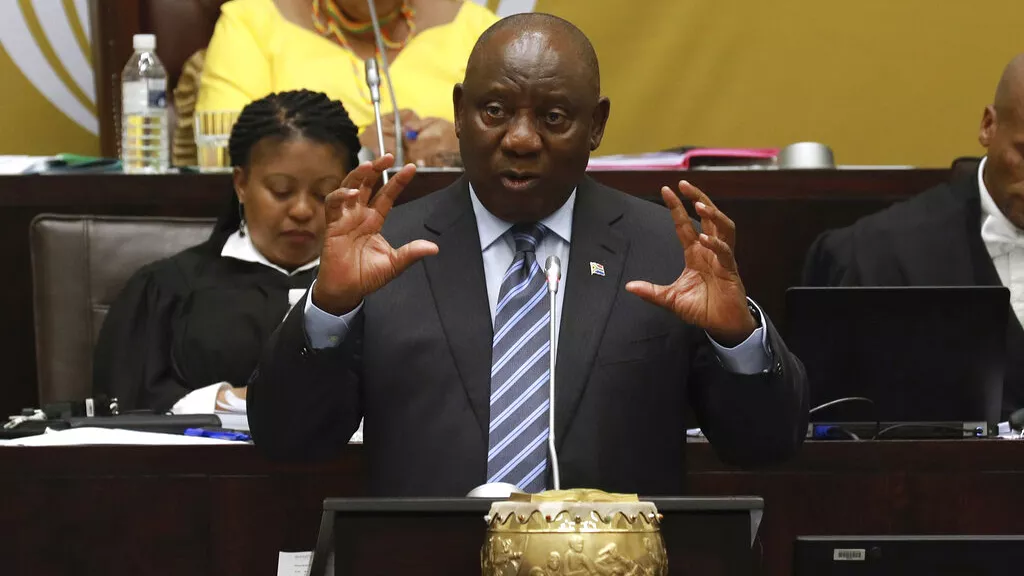May 29 Elections in South Africa
South Africa is set to hold crucial national elections on May 29, with polls indicating that the ruling African National Congress (ANC) may lose its majority for the first time since the end of apartheid three decades ago. President Cyril Ramaphosa announced the election date, highlighting the numerous challenges facing Africa’s most developed economy under the ANC, including record unemployment, electricity crises causing widespread blackouts, and voter mistrust due to corruption allegations.
Several polls suggest that the ANC, once globally admired and led by Nelson Mandela, might fall below 50% of the vote for the first time since winning the inaugural all-race election in 1994. If the ANC loses its majority, it would need to form a coalition to stay in government, potentially impacting Ramaphosa’s chance at a second five-year term. South Africa has not experienced a national coalition government due to the ANC’s historical dominance.
While the ANC is still expected to secure the largest share of the vote, some polls predict a significant decline to less than 40%. The main opposition party, the Democratic Alliance, is exploring coalition talks with other opposition parties to challenge the ANC. The far-left Economic Freedom Fighters, the third-largest party, is not part of this coalition but has gained support and increased its share in past elections.
Democratic Alliance leader John Steenhuisen sees the election as an opportunity to break away from the ANC’s decades of failure and corruption. The Economic Freedom Fighters view it as a chance to end the nation’s suffering under what they perceive as the ANC’s incompetent and corrupt governance.
This election marks South Africa’s seventh fully democratic poll since the end of apartheid. Ramaphosa called on all South Africans to exercise their democratic right to vote peacefully and within the confines of the law. The ANC, while winning every national election since 1994, has faced a decline in support over the years, exacerbated by economic challenges, high unemployment, corruption, and issues like rising crime and poverty.
Ramaphosa, who initially made progress in addressing corruption, has faced challenges, particularly with the electricity crisis. As the election approaches, South Africans grapple with the task of reshaping their political landscape amid a changing political climate and mounting socio-economic challenges.


















